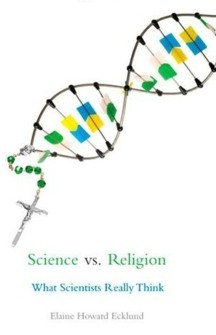 One would think the one thing we could all agree on is the meaning of the word “gospel.” Not so, but there is a vibrant and viral discussion about gospel that is shedding light and leading us forward in profoundly important ways.
One would think the one thing we could all agree on is the meaning of the word “gospel.” Not so, but there is a vibrant and viral discussion about gospel that is shedding light and leading us forward in profoundly important ways.
When I saw that JR Woodward was offering his blog readers to articulate how the gospel is to be expressed in their (very) local context, I was all ears — and I chose not to speak up because I wanted to listen to how folks responded. Then JR decided the responses were worthy of publication, and then he asked me to write a foreword … so I’m biased here. The book is called ViralHope: Good News from the Urbs to the Burbs (and Everything in Between)
, and I consider the book a really good read if one wants to hear the current discussion about the gospel. There are fifty brief studies on the gospel, and each is connected to the author’s local community. We’ve got David Fitch’s essay on the suburbs and Christine Sine’s for Seattle.
, and I consider the book a really good read if one wants to hear the current discussion about the gospel. There are fifty brief studies on the gospel, and each is connected to the author’s local community. We’ve got David Fitch’s essay on the suburbs and Christine Sine’s for Seattle.
There are two consensus points I see in these discussions about gospel and one incredible problem.
1. The old fire insurance gospel that God sent his Son to die in my place so I could be forgiven and go to heaven when I die is now the target of frequent criticism. Not only can it not be squared with how Jesus connects “gospel” to kingdom, the reduction just isn’t robust enough to lead us into the heart of the Bible. These studies touch on this problem.
2. The other consensus is that the word “gospel” must, must, must be connected to the word “kingdom.” Sketching what kingdom means in our world in light of all it meant in Jesus’ world is not easy, nor is it easy to connect “kingdom” with Paul’s gospel. But, the current trend is to make sure kingdom become central.
Do you think these two points represent a consensus today? Is there a danger in a lopsided response? Where does one “begin” to explain the gospel?
Before I get to the major problem I am seeing today, let me point to a minor problem: the old fire insurance gospel was a reduction of the gospel to personal escape from hell. The kingdom gospel carries its own danger of reduction: kingdom gets defined by “justice” and justice becomes just what we Westerns want it to mean: liberty and equality and rights. To be sure, as the old fire insurance stuff took something true — final judgment — and elevated it to central importance, so the kingdom gospel proponents struggle to avoid the same problem — taking the theme of justice and giving it too much importance.
3. Which leads to the major problem: How do you preach the gospel, or how do you evangelize, when the gospel becomes a kingdom gospel? The shift from #1 above to #2 has left a gaping hole in how to “present” the gospel, and I am suggesting that the mode of presentation has been so connected to #1 that the shift to #2 leads to an entirely new mode of presentation.
What do you think?

